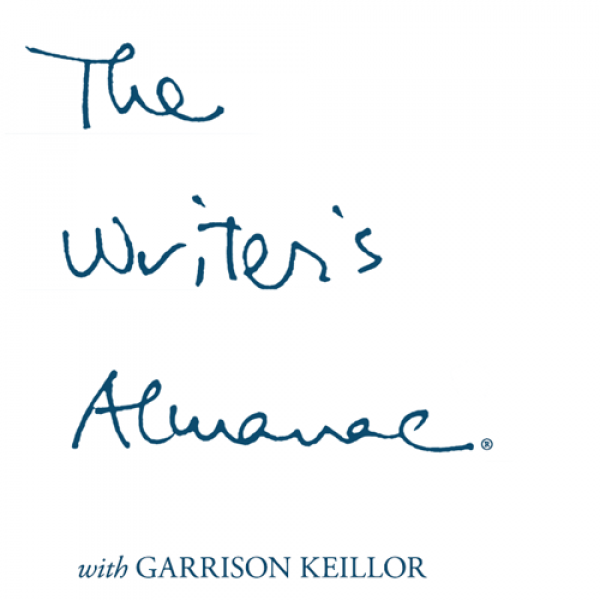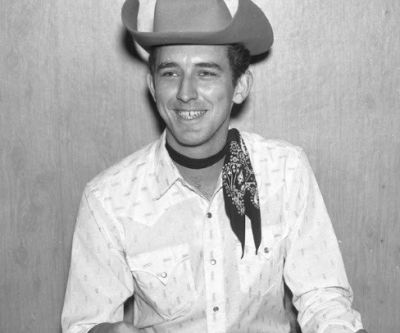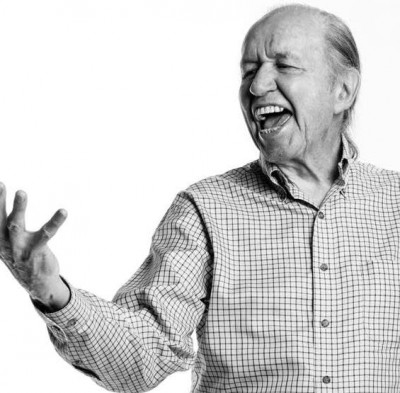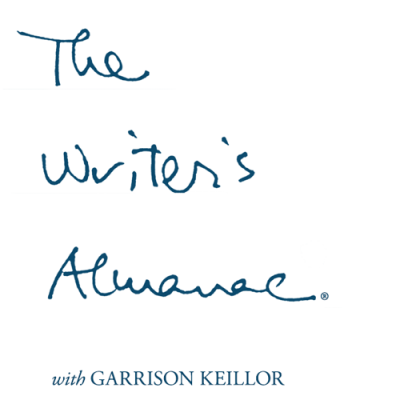December 20, 2018
Tuesday
8:00 p.m.
Minneapolis, MN
Test schedule
A live performance with Robin and Linda Williams at the Cedar Cultural Center
May 20, 2018
Sunday
3:00 p.m.
Lexington, MA
Lexington, MA
A live performance at the Saenger Theatre
April 10, 2018
Tuesday
8:00 p.m.
Tulsa, OK
Tulsa, OK
A live performance at the Brady Theater
March 17, 2018
Saturday
8:00 p.m.
Long Beach, CA
Long Beach, CA
A live performance at the Carpenter Performing Arts Center
March 15, 2018
Thursday
7:00 p.m.
Mobile, AL
Mobile, AL
A live performance at the Saenger Theatre
“No Loathsomeness in Love” by Robert Herrick. Public domain. (buy now)
What I fancy I approve,
No dislike there is in love:
Be my mistress short or tall,
And distorted therewithal:
Be she likewise one of those,
That an acre hath of nose:
Be her forehead and her eyes
Full of incongruities:
Be her cheeks so shallow too,
As to show her tongue wag through:
Be her lips ill hung, or set,
And her grinders black as jet;
Has she thin hair, hath she none,
She’s to me a paragon.
It’s the birthday of writer David McCullough (books by this author) — three-time presidential biographer, the winner of two National Book Awards, two Pulitzer Prizes, and the Presidential Medal of Freedom, and one of the best-selling historians of all time — born in Pittsburgh (1933). As a kid, he learned about presidential politics early and often and in raised voices. He said: “My father was totally against FDR. My mother thought FDR could do no wrong. They were both quite hard of hearing … the decibel level at our dining room was high.”
He wanted to be a painter. But when he got to Yale in the 1950s, John O’Hara, John Hersey, Brendan Gill, and Thornton Wilder were there on campus, and he decided to major in English instead. He worked in journalism for a decade. Then, in 1968, he published his first book, The Johnstown Flood, inspired first by seeing some photographs at the Library of Congress. The photos depicted the disaster — which happened close to his hometown — so differently than he’d learned about in school. He then wrote a book on the Panama Canal, which President Jimmy Carter used as a key reference book in negotiating the Panama Canal treaties.
Then McCullough wrote three biographies about U.S. presidents. The first, about Teddy Roosevelt — called Mornings on Horseback (1981) — won the National Book Award. The second, on Harry Truman, took him 10 years to research and write. Truman (1993) won the Pulitzer Prize.
The third presidential biography he wrote was about John Adams. There were no interviews or photographs around to help him with his research, but he read all of Adams’ diaries and the letters between John Adams and his wife, Abigail, more than a thousand of them.
McCullough wanted to try to get inside the head of John Adams, not just to read what Adams wrote, but also to read what Adams read for pleasure in the 18th century. He read classics in English, stuff by Swift and Defoe and Samuel Johnson and Smollett and Pope. He said reading these books allowed him to “marinate” his head in John Adams’ thoughts and vocabulary.
When John Adams was published in 2001, it became one of the fastest-selling nonfiction books in history. McCullough won another Pulitzer Prize for it.
David McCullough, who said: “You can make the argument that there’s no such thing as the past. Nobody lived in the past. They lived in the present. It is their present, not our present, and they don’t know how it’s going to come out. They weren’t just like we are because they lived in that very different time. You can’t understand them if you don’t understand how they perceived reality.”
And, “Writing is thinking. To write well is to think clearly. That’s why it’s so hard.”
Sliced bread was sold for the first time on this date in 1928. Up until that time, consumers baked their own bread, or bought it in solid loaves. Otto Frederick Rohwedder, a jeweler from Davenport, Iowa, had been working for years perfecting an eponymous invention, the Rohwedder Bread Slicer. He tried to sell it to bakeries. They scoffed, and told him that pre-sliced bread would get stale and dry long before it could be eaten. He tried sticking the slices together with hatpins, but it didn’t work. Finally he hit on the idea of wrapping the bread in waxed paper after it was sliced. Still no sale, until he took a trip to Chillicothe, Missouri, and met a baker who was willing to take a chance. Frank Bench agreed to try the five-foot-long, three-foot-high slicing and wrapping machine in his bakery. The proclamation went out to kitchens all over Chillicothe, via ads in the daily newspaper: “Announcing: The Greatest Forward Step in the Baking Industry Since Bread was Wrapped — Sliced Kleen Maid Bread.” Sales went through the roof. Rohwedder not only gave Americans the gift of convenience and perfect peanut butter and jelly sandwiches, but he also provided the English language with the saying that expresses the ultimate in innovation: “the greatest thing since sliced bread.”
On this date in 1863, the United States began its first military draft during the Civil War; the Confederacy had passed a draft law the year before. Both sides allowed conscripts to hire substitutes to fight in their place. The North also allowed anyone to buy an exemption for $300. Because that amounted to nearly a year’s wages for many working people, in practice it meant that only the wealthy could afford to buy their way out of service. When the first drawing of names began in New York on July 11, widespread riots broke out, causing $1,500,000 in damage.
In the end, the Civil War draft was poorly handled, and didn’t make much difference in enlistment since only about 2 percent of the military forces were draftees. The draft was discontinued until World War I.
Today is the birthday of composer Gustav Mahler, born in Kalischt, Bohemia, in what is now the Czech Republic (1860). He became famous throughout Europe as a conductor, but he was fanatical in his work habits, and expected his artists to be, as well. He once said, “All that is not perfect down to the smallest detail is doomed to perish,” and that philosophy made him a difficult person to work for. There was always someone calling for his resignation.
The year 1907 was difficult for Mahler: He was forced to resign from the Vienna Opera; his three-year-old daughter, Maria, died; and he was diagnosed with fatal heart disease. Superstitious, he believed that he had had a premonition of these events when composing his Tragic Symphony, No. 6 (1906), which ends with three climactic hammer blows representing “the three blows of fate which fall on a hero, the last one felling him as a tree is felled.” When he composed his ninth symphony, he refused to call it “Symphony No. 9” because he believed that, like Beethoven and Bruckner before him, his ninth symphony would be his last. He called it A Symphony for Tenor, Baritone, and Orchestra instead, and he appeared to have fooled fate, because he went on to compose another symphony. This one he called Symphony No. 9 (1910); he joked that he was safe, since it was really his 10th symphony, but No. 9 proved to be his last symphony after all, and he died in 1911.
It’s the birthday of artist Marc Chagall, born in Vitebsk, Russia (1887). He was one of nine kids in a family of modest means; his father worked for a salt herring factory, and his mother ran a shop. He wanted to be an artist, and he moved to St. Petersburg, where he failed his first entrance exams but eventually was accepted to art school. It was in Paris, surrounded by other artists, that he really began to develop his style. Though he was homesick and could not speak French, he later said, “My art needed Paris like a tree needs water.” Chagall is known for bright and complex colors, and his fantastical images from Russian-Jewish folklore and his childhood: ghosts, livestock, weddings, fiddlers, scenes of his village Vitebsk, a couple floating in the sky, and fish.






